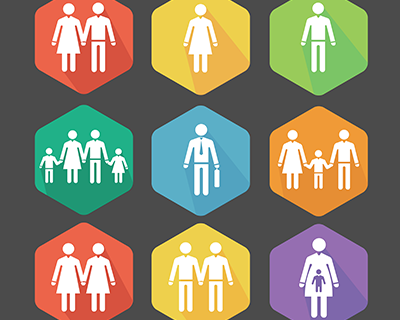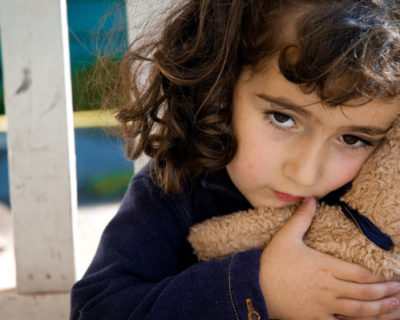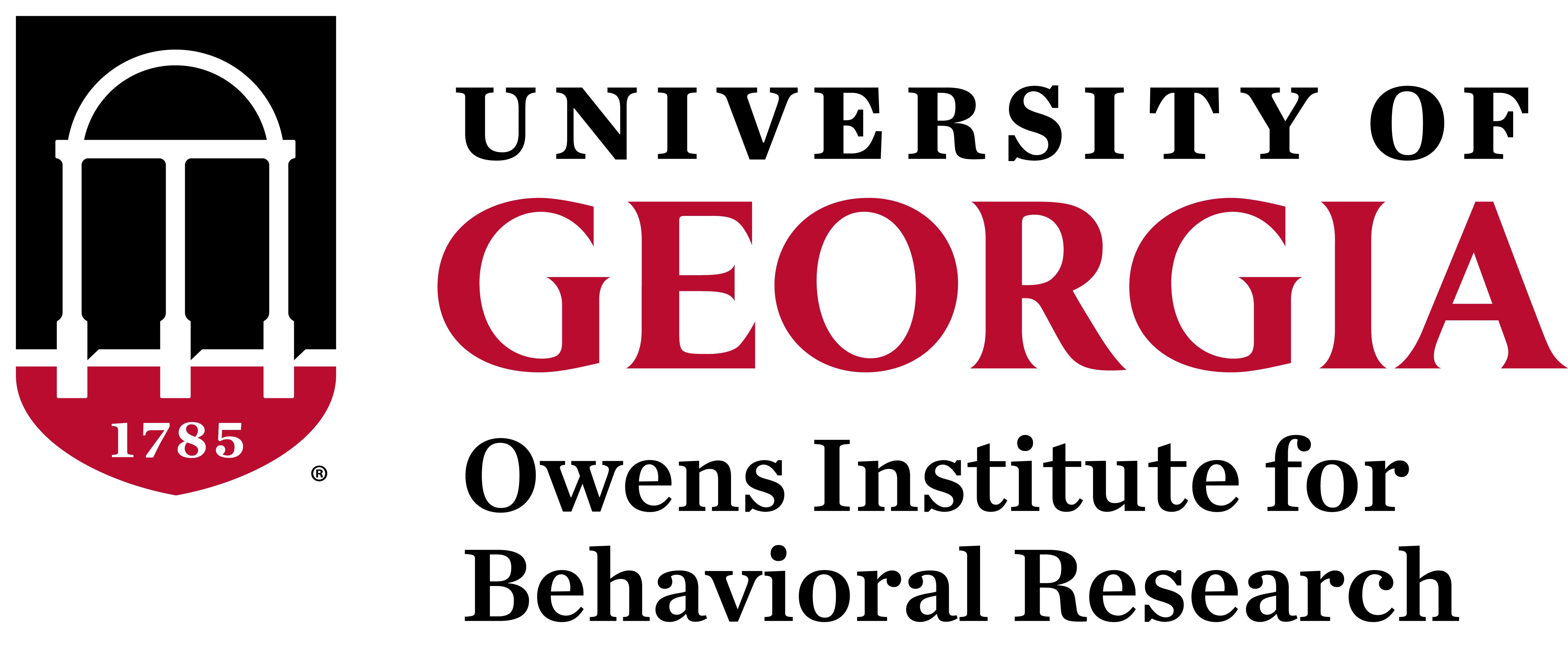Workgroups
Cognition and Neuroscience Work Group
Director: Brett Clementz
The Cognition and Neuroscience Group is an interdisciplinary group that studies behavior and/or cognition from a neural systems perspective. The research programs may take a “top down” or a “bottom up” approach. In the former approach, the whole organism is studied to understand underlying mechanisms (i.e., such as basic neural systems or circuits mediating behavior, sensation or cognition), whereas in the latter approach, the focus is on uncovering the larger functional role of a specific gene, neuronal population, or circuit. Areas of interest include sensation and perception, affective disorders, compulsive behavior and cognition. Subjects employed in these experiments range from rodents to capuchin monkeys to humans. Research methods include brain imaging in animals or humans.

Computational Social Science Work Group
Co-Directors: Dawn Robinson & Angela Yao
The Computational Social Science Work Group provides an opportunity for interdisciplinary interaction and collaboration among faculty and graduate students interested in formal and analytic approaches to modeling social processes and phenomena. The group welcomes scholars across the disciplines focused on the challenges and opportunities afforded by the increasing availability of massive quantities of complex, digital data about human activities over time and place as well as scholars using mathematical models and computer simulations to theorize about social behavior.
Psychological Assessment Work Group (PAW)
Director: W. Keith Campbell
The Psychological Assessment Workgroup (PAW) is designed to facilitate interdisciplinary work in areas of psychological assessment. Assessment topics include but are not limited to personality, attitudes, beliefs, abilities and values. Solid psychological assessment needs three areas of expertise: content expertise, validation expertise, and quantitative expertise. In addition, design expertise is becoming important to make assessment user friendly. PAW brings together content area experts with experts in scale development.
Psychological assessment is important to answering theoretical and applied questions in many disciplines – health, finance, education, communications, leadership and organizational science, etc. – and PAW will be open to researchers in any field. Indeed, PAW is designed to be a central hub for anyone who wants to develop high quality psychological assessments or work with other individuals on campus to build assessments. We also want to be a key resource for researchers who want to build psychological assessments into their grants or contracts.
PAW will also serve an educational mission. Psychological assessment is advancing on many fronts. Quantitative methods are becoming more sophisticated and data are evolving to include not just self- or rater- reports, but also trace data, social media data, and physiological data. A goal of PAW is to stay up-to-date on these changes and bring in occasional outside experts.

Relationship Science Work Group
Co-Directors: Malissa Clark & Justin Lavner
The Relationship Science Workgroup convenes scholars interested in relationship science (broadly construed to include romantic relationships, family relationships, workplace relationships and others). The purpose of this workgroup is to foster transdisciplinary collaboration and relationship-focused research at UGA. The Relationship Science Workgroup includes UGA faculty interested in relationship science and aims to support collaborations, promote the visibility of and engagement with relationship science on campus, and provide a forum to get feedback on research in progress and grant applications.

Stress, Trauma, Adversity & Resilience Work Group (STAR)
Director: Assaf Oshri
The Stress, Trauma, Adversity & Resilience (STAR) work group seeks to facilitate scientific opportunities for interdisciplinary discourse, interactions, and collaboration among researchers interested in studying the sequelae of adverse childhood experiences, including child abuse and neglect, trauma, poverty, and socioeconomic stress. The group strives to provide members and attendees with a scholarly network that supports and encourages novel research ideas for collaborative grant applications, research work, and publications. The group welcomes national and international scholars across the disciplines focused on scientifically investigating the consequences of early life stress and adversity, and the opportunities afforded by basic prevention and intervention. Further specific goals of STAR group include the following:
- Assist STAR scholars to collaborate and exchange ideas through regular in-person meetings and an informal listserv on which to share questions or new information.
- Support STAR work group members in obtaining consultation with and connection to STAR scholars in planning research projects and grant development.
- Provide as an intellectual resource for discussing research issues, ideas, and problems, including those around methodological and statistical issues.
- Promote the visibility of life stress/adversity research on campus. For example, by sponsoring an outside scholar’s formal research talk on campus, informal networking opportunities, and/or workshops.

Violence Work Group
Director: Jody Clay-Warner
The Violence Group provides an opportunity for interdisciplinary interaction in response to research opportunities and research funding in the interrelated areas of intimate partner violence, workplace violence, school violence, bullying, sexual exploitation, sexual violence, and family violence. The group plans to work collaboratively with other centers and work groups to examine contextual influences, interventions, and consequences of violence in human relationships. The focus will be on better understanding the causes, consequences, and solutions for interpersonal violence in its many different manifestations.


